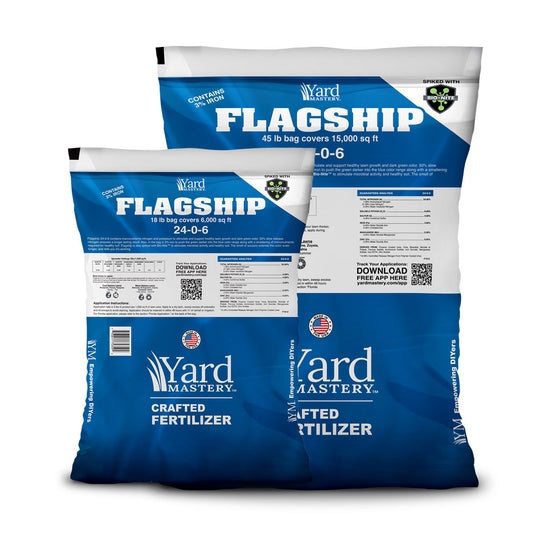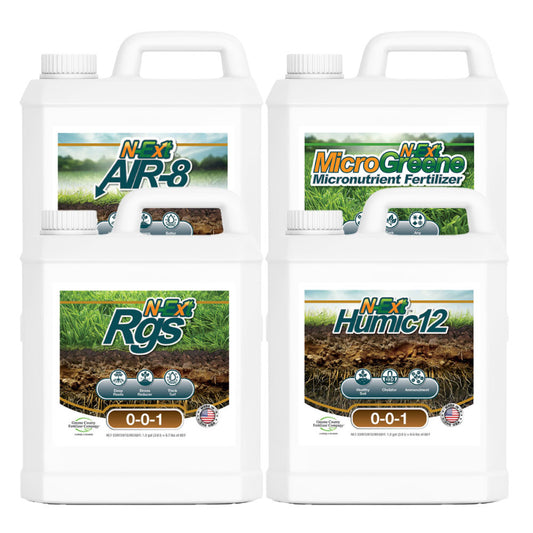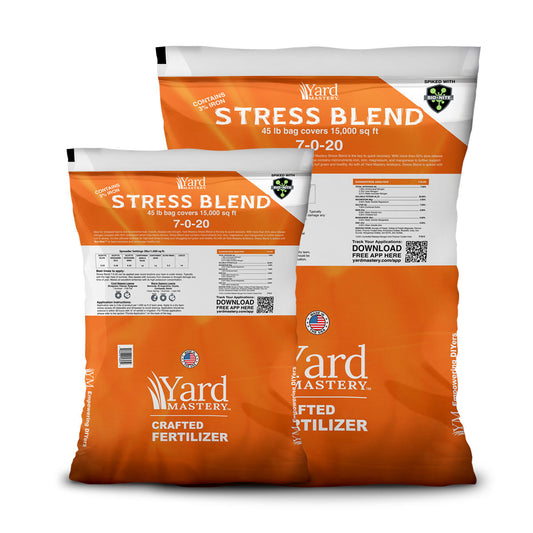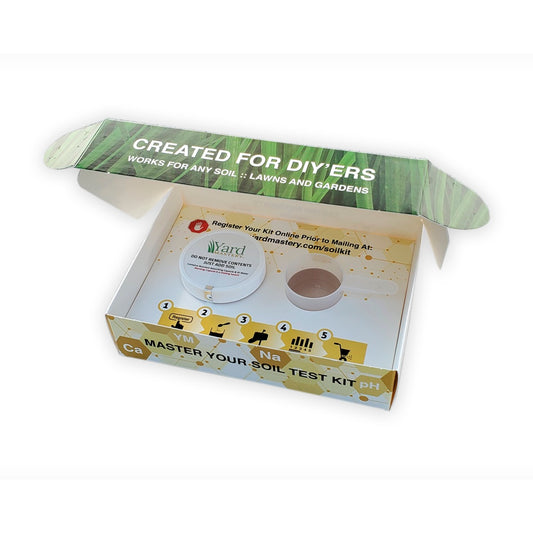It's that time of year, brown areas showing up in bermuda lawns and spread rapidly. One day you think you have a problem with lack of water, and the next your entire lawn is brown.
Here is this exact scenario from Aaron in North Alabama:
Aaron posts this photo in our group and asks "Is this lack of water? It's dead like this on both sides of the fence but the rest of the yard looks OK."
Here is the photo taken August 12:

This is a bermuda lawn and it's completely logical to think this may be a water issue since we are in August and the heat is raging. It also makes send that grass could dry out there because it appears to slope to either side.
Aaron adjusted his watering and 6 days later this has spread across the entire back yard.

Also about this time he got down into the turf to look a little closer and found the armyworms in great numbers, munching away.
(this photo is from another lawn - this is what army worms look like)

This is one of the easiest lawn pests to identify because you will literally find them - hundreds of them.
If you are seeing brown spots in your lawn, especially bermuda grass lawns, and those brown spots are spreading rapidly, chances are it's army worm - so the first thing you do it get down and look, dig, search and confirm.
This is similar to my advice to cool season lawn folks because they get hit with a cousin of the armyworm, sod webworm.
How To Kill Armyworms
The good news is that pretty much every insect killer you can get at the store is going to kill these guys. However, I highly recommend you use liquids because they will kill much faster than granular.
You will almost for sure be able to find this Spectracide product at Lowes or Home Depot. You can also get it here on Amazon.
If you want more of a professional concentration, you can get Bifen that works very well also.
How To Repair Armyworm Damage in Lawns
 On the very same day you apply your insect killer for the army worms (or soon thereafter), you want to start helping the lawn recover. The good news is that armyworm damage does not affect the root system or rhizomes so your bermuda lawn will recover quite quickly if you give it a good feeding or two. Also ensure you are properly watering.
On the very same day you apply your insect killer for the army worms (or soon thereafter), you want to start helping the lawn recover. The good news is that armyworm damage does not affect the root system or rhizomes so your bermuda lawn will recover quite quickly if you give it a good feeding or two. Also ensure you are properly watering.






